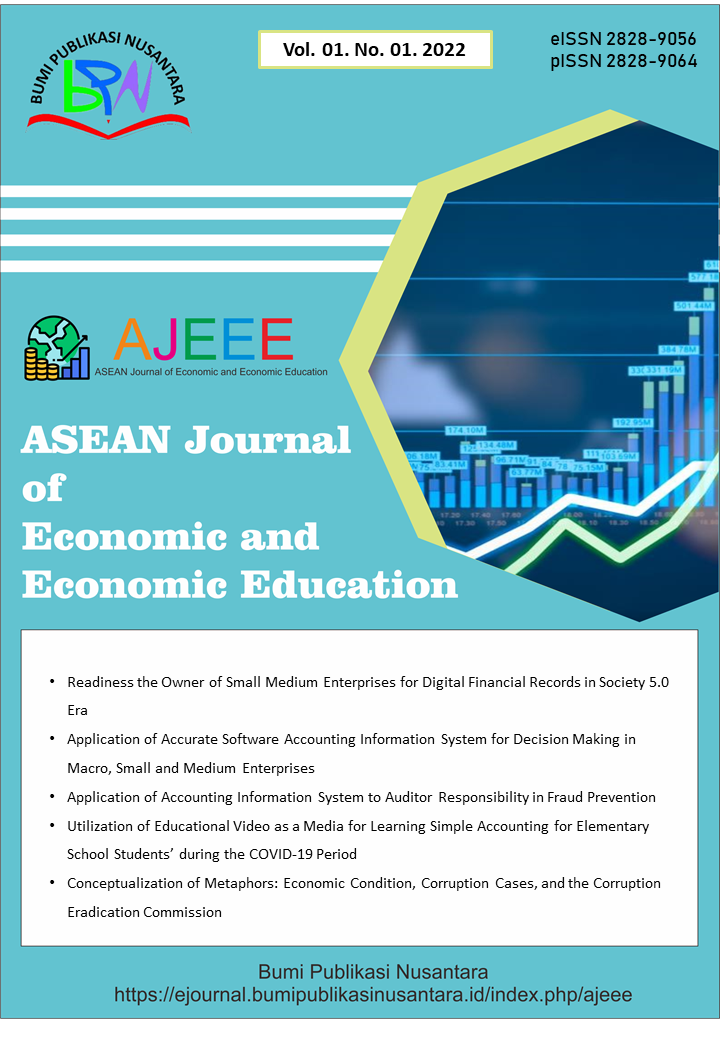Algorithmic Pricing and Consumer Vulnerability: The Ethical and Economic Implications of Artificial Intelligence (AI)-Driven Pricing Models
 ),
),
(1) Army Welfare Education society
 Corresponding Author
Corresponding Author
Abstract
Keywords
References
Admass, W. S., Munaye, Y. Y., and Diro, A. A. (2024). Cyber security: State of the art, challenges and future directions. Cyber Security and Applications, 2, 100031.
Bhagat, C. (2024). Greenwashing vs. genuine efforts: The role of transparent communication in building corporate credibility. Multidisciplinary journal of law for future security, 1(2), 51-62.
Bonnet, S., and Teuteberg, F. (2023). Impact of blockchain and distributed ledger technology for the management, protection, enforcement and monetization of intellectual property: a systematic literature review. Information Systems and e-Business Management, 21(2), 229-275.
Evans, L., Thompson, J., and Reed, S. (2022b). Consumer reactions to shrinkflation: Trust, brand loyalty, and market implications. Journal of Consumer Behavior, 35(2), 87-104.
Evans, M., Zhang, Y., and Patel, R. (2022a). Consumer trust and brand loyalty: The impact of pricing strategies on purchase behavior. International Journal of Marketing Studies, 40(2), 215-232.
George, A. S., and Baskar, T. (2024). Repairing the future: The global fight for accessible fixes and sustainable tech. Partners Universal Innovative Research Publication, 2(2), 71-88.
Gillespie, M. (2020). Technology and planned obsolescence: Analyzing corporate intentions and consumer impact. Global Business Review, 17(2), 221-238.
Grewal, D., and Roggeveen, A. L. (2020). Retailing in a digital age: The rise of personalized pricing and consumer perceptions. Harvard Business Review, 35(2), 112-129.
Johnson, R., and Patel, S. (2021). Shrinkflation: The hidden price increase and its effect on consumer trust. Economic Studies Journal, 32(1), 78-95.
Park, C., and Li, S. (2021a). Shortened product lifespans: The economic and environmental cost of planned obsolescence. Sustainability Journal, 42(3), 55-78.
Park, J., and Li, Y. (2021b). Software-induced obsolescence: The economics of forced upgrades in consumer electronics. Journal of Business Ethics, 37(3), 88-104.
Phelan, A. A., Meissner, K., Humphrey, J., and Ross, H. (2022). Plastic pollution and packaging: Corporate commitments and actions from the food and beverage sector. Journal of Cleaner Production, 331, 129827.
Shankar, R. (2024). Tethered durable goods and installed base degradation via software updates: Implications for product policy. Journal of Management Information Systems, 41(3), 839-865.
Smith, J., Williams, H., and Garcia, M. (2023). The ethics of surge pricing: Examining consumer manipulation in digital markets. Journal of Business Ethics, 45(1), 98-115.
Stenton, M., Kapsali, V., Blackburn, R. S., and Houghton, J. A. (2021). From clothing rations to fast fashion: Utilising regenerated protein fibres to alleviate pressures on mass production. Energies, 14(18), 5654.
Article Metrics
Abstract View : 848 times
: 848 times Download : 619 times
Download : 619 times
Refbacks
- There are currently no refbacks.
Copyright (c) 2025 Bumi Publikasi Nusantara

This work is licensed under a Creative Commons Attribution-ShareAlike 4.0 International License.



_publication_ethics1.png)



